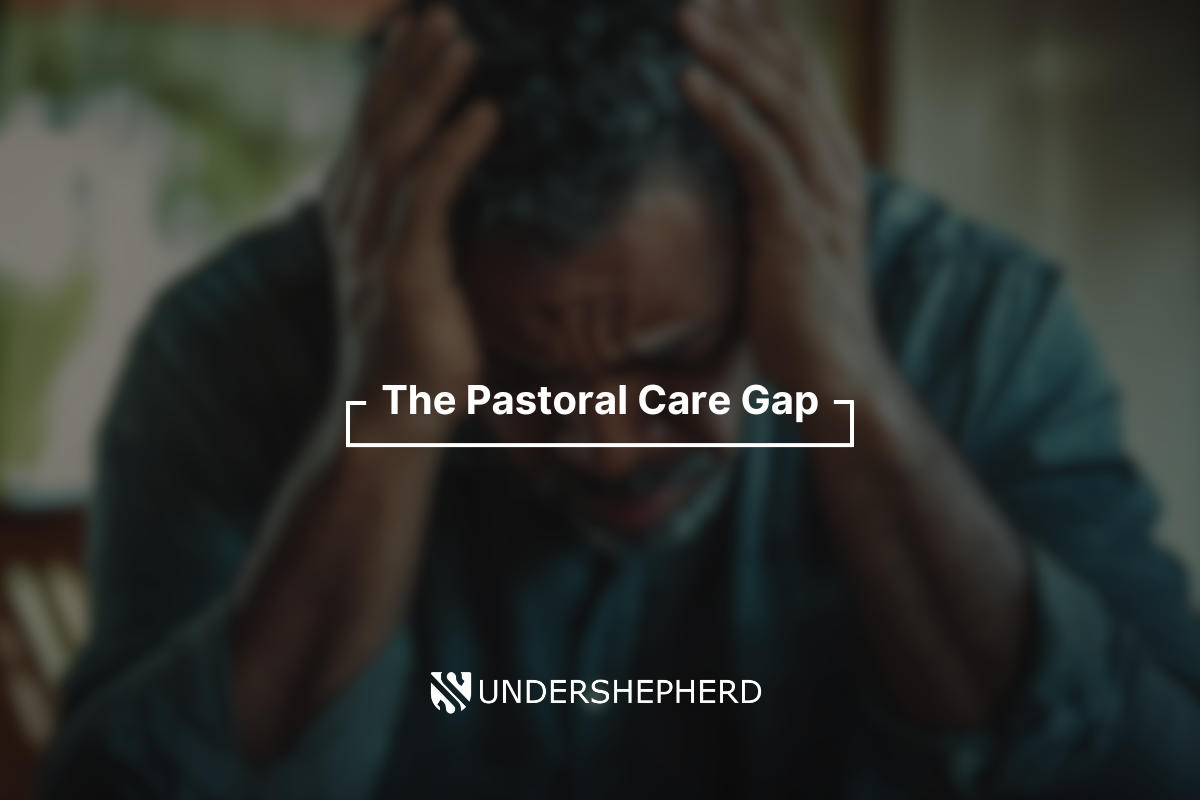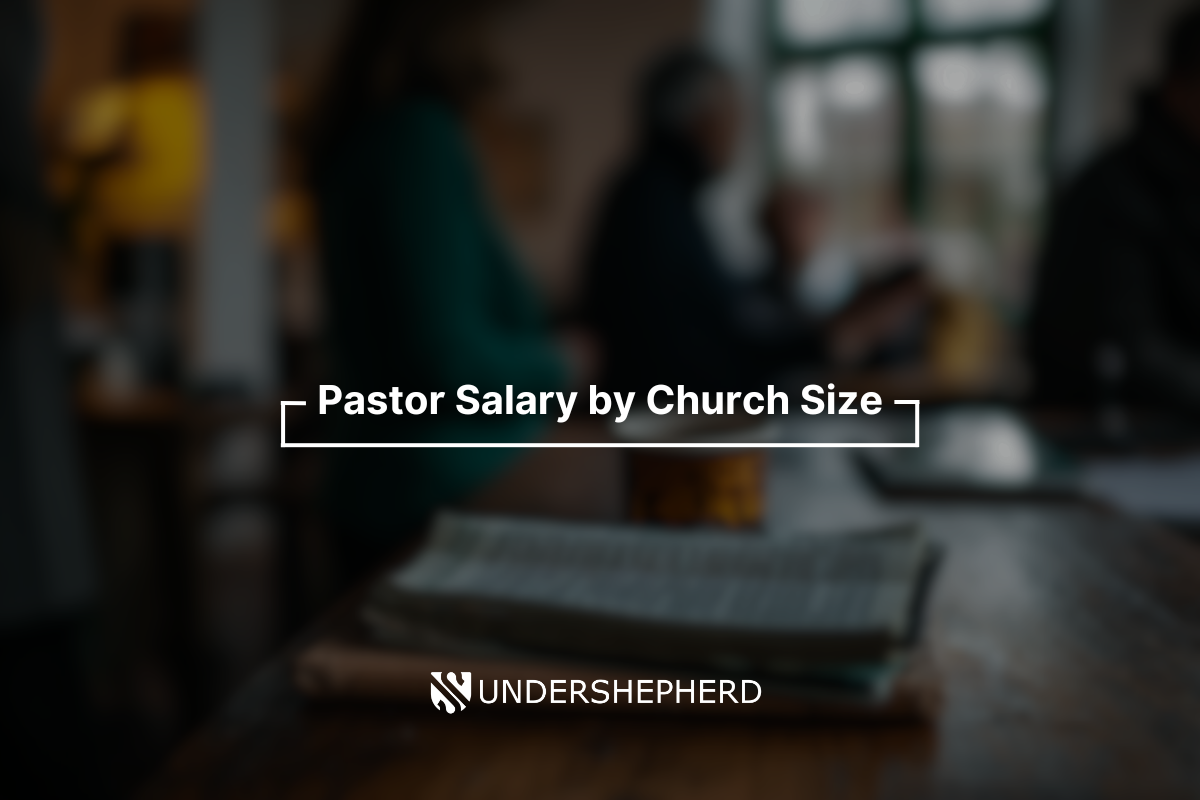The correct spelling of the word in question is Undershepherd and not “Undershepard.” This distinction is important, especially for those familiar with biblical terminology and Christian leadership concepts. The term “undershepherd” carries significant theological meaning, particularly within the Christian faith, where it is used to describe a pastor or spiritual leader who serves under the ultimate authority of Jesus Christ, the Good Shepherd.
Why “Undershepherd” and Not “Undershepard”?
The correct spelling, Undershepherd, follows the standard spelling of shepherd—which comes from Old English (“sceaphierde”), meaning “sheep herder.” In contrast, “shepard” is a common misspelling and is not a recognized word in English. While many people mistakenly use “shepard” due to its phonetic similarity, it is incorrect in both secular and theological contexts.
A notable reason for this confusion might be the presence of “Shepard” as a surname. For example, famous individuals such as Alan Shepard, the astronaut, and Sam Shepard, the playwright, bear this spelling as a proper noun. However, when referring to someone who tends a flock—whether literally or metaphorically—the correct spelling is always shepherd and, consequently, undershepherd when referring to a subordinate spiritual leader.
Understanding the Term “Undershepherd”
To fully grasp the significance of the term, it helps to break it down. The word shepherd refers to someone who tends to and cares for a flock, particularly sheep. It is a term deeply rooted in biblical imagery, with numerous references throughout Scripture. Jesus Christ is often referred to as the Good Shepherd (John 10:11), and in a spiritual sense, pastors or church leaders serve as undershepherds, caring for the flock of believers under Christ’s ultimate guidance.
An undershepherd, therefore, is a servant leader who guides and nurtures the church congregation, acknowledging that they are not the ultimate authority but rather stewards of God’s people. This concept aligns with passages such as 1 Peter 5:2-4, where Peter instructs church leaders to “shepherd the flock of God” willingly and eagerly, knowing that when the Chief Shepherd (Jesus) appears, they will receive an unfading crown of glory.


